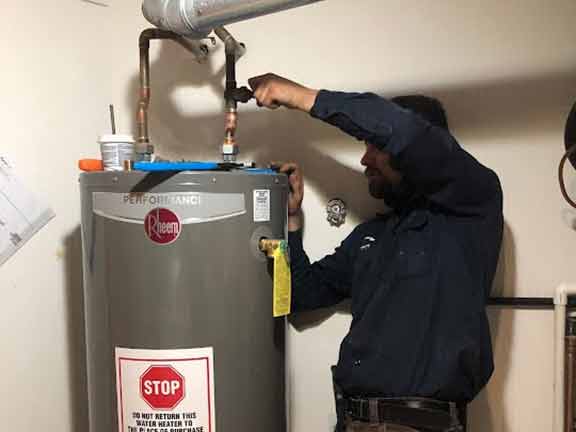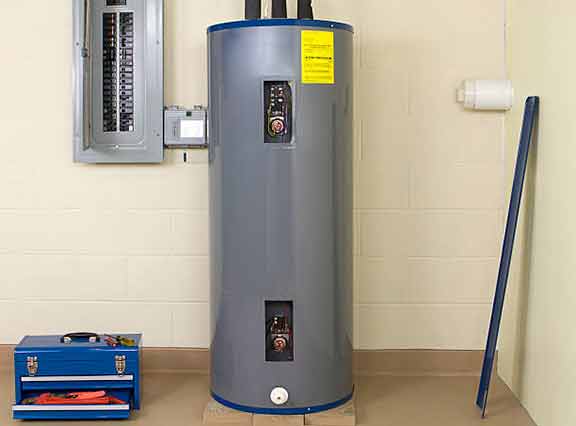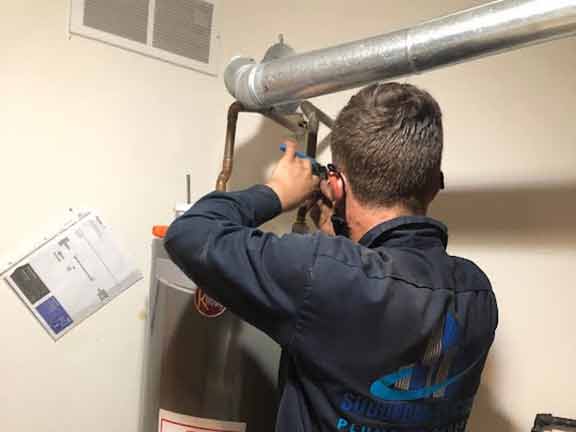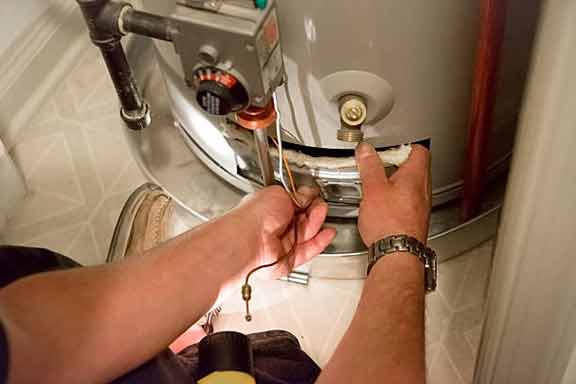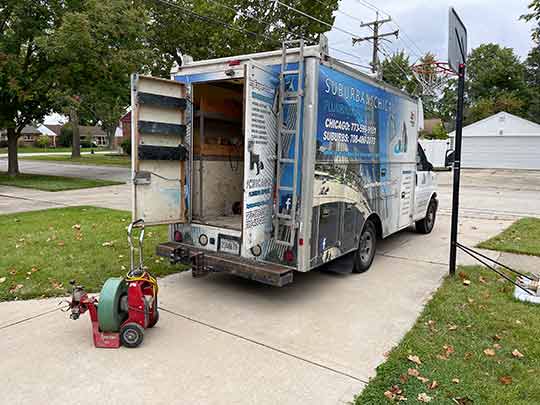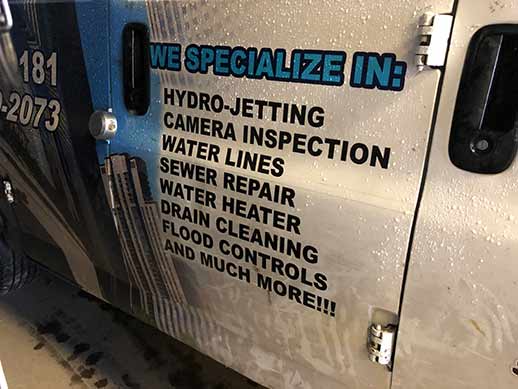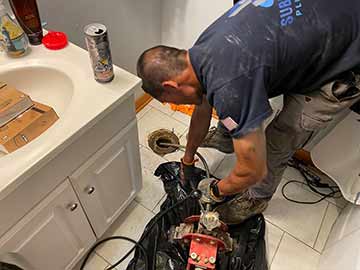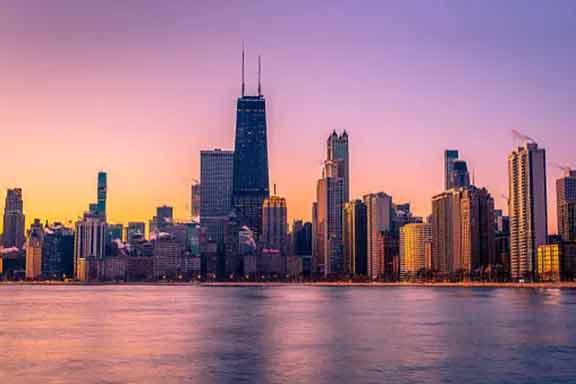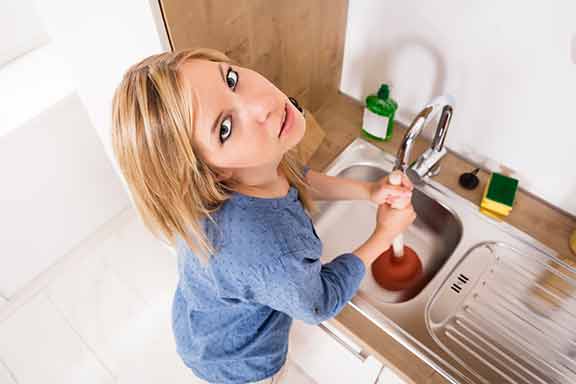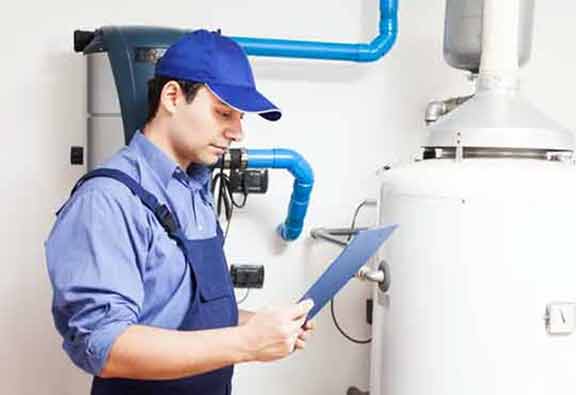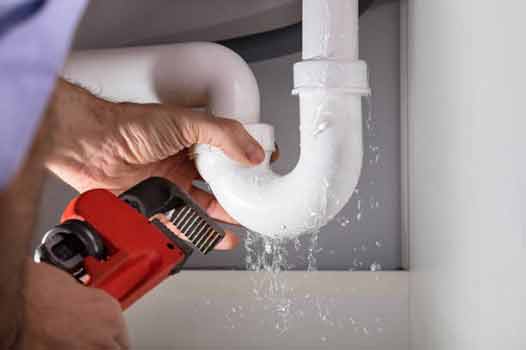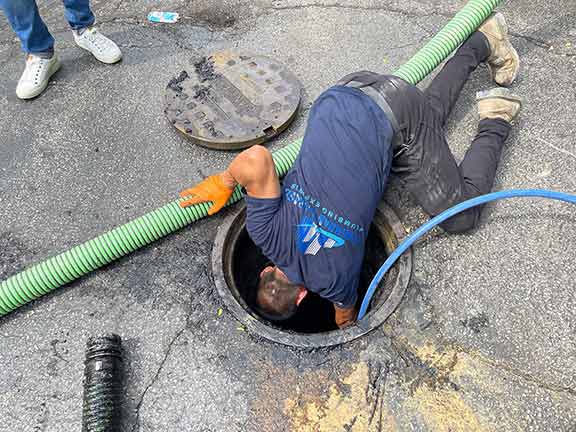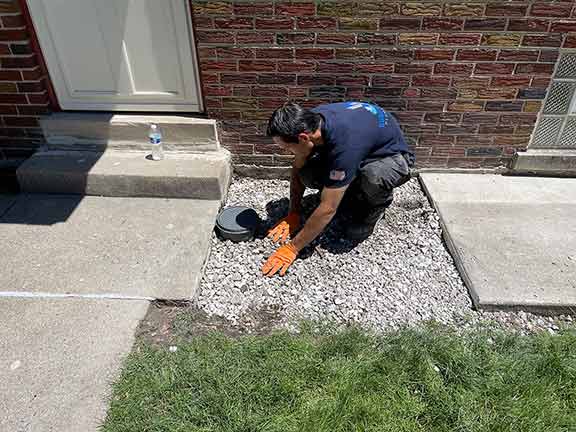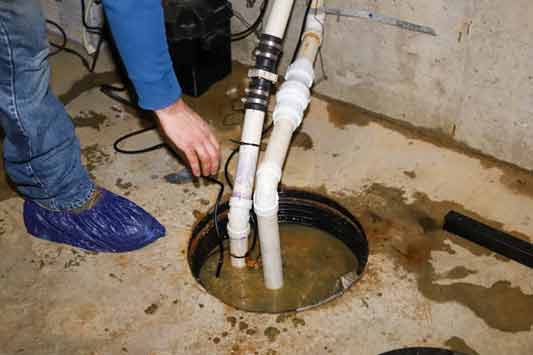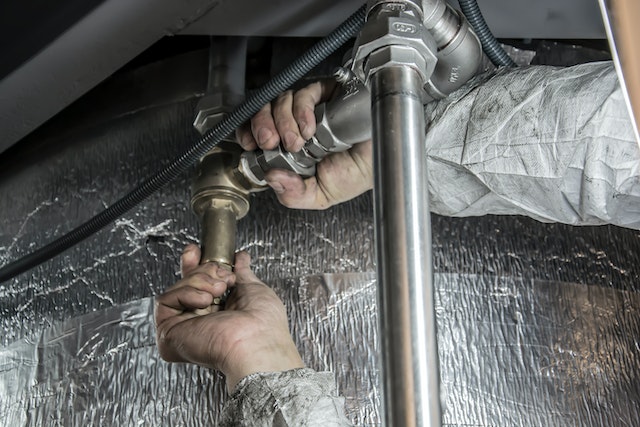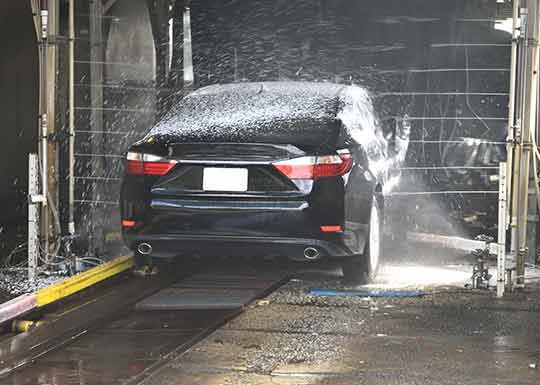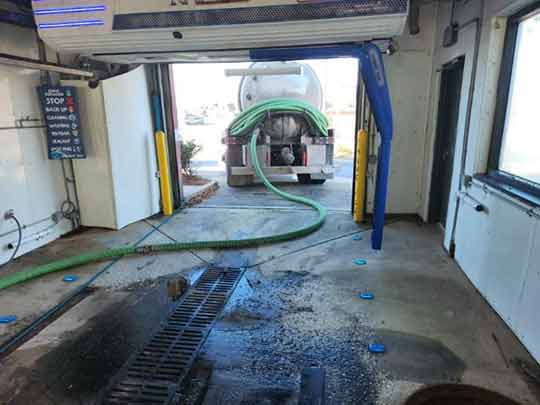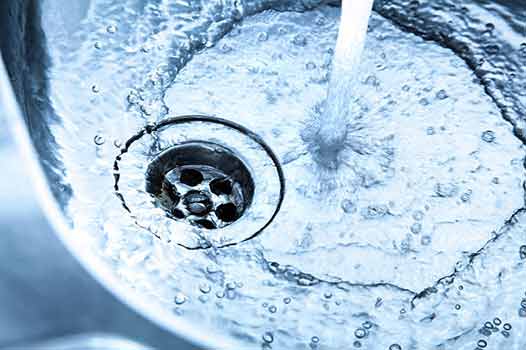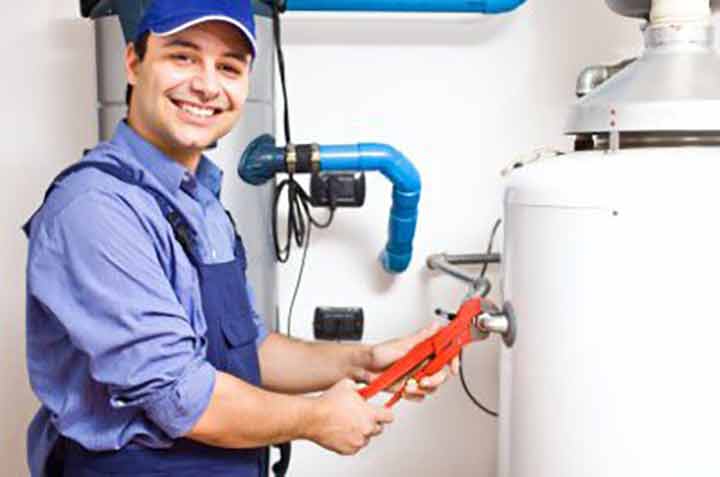
As homeowners, we rely on our water heaters to provide us with hot water for various everyday tasks, such as showering, washing dishes, and doing laundry. However, like any other appliance, water heaters have a limited lifespan and may require replacement or installation at some point. If you find yourself in need of a new water heater, it’s important to understand the cost involved and the factors that influence it. Here we get into the topic of how much it costs to install or replace a water heater.
Factors Affecting the Cost of Water Heater Installation or Replacement
Several factors come into play when determining the cost of installing or replacing a water heater. Understanding these factors will give you a better idea of what to expect when budgeting for this project.
Type of Water Heater
There are different types of water heaters available in the market, including conventional storage tank water heaters, tankless water heaters, heat pump water heaters, and solar water heaters. Each type comes with its own price range, installation requirements, and energy efficiency ratings. The type of water heater you choose will significantly impact the overall cost.
Size and Capacity
The size and capacity of the water heater also play a role in its cost. Larger water heaters with higher capacities tend to be more expensive. The size and capacity of the unit you need will depend on the hot water demands of your household. It’s essential to speak with a professional plumber to determine the appropriate size for your specific needs.
Additional Plumbing and Electrical Work
In some cases, installing or replacing a water heater may require additional plumbing and electrical work. For example, if you’re switching from a conventional tank water heater to a tankless system, you may need to modify your plumbing and electrical connections. These additional services will add to the total cost of the project.
Permits and Local Codes
Before undertaking any water heater installation or replacement, it’s crucial to check your local building codes and obtain the necessary permits. Permit costs can vary depending on your location, so it’s essential to factor these expenses into your budget.
Professional Installation
While some homeowners may consider installing a water heater themselves to save money, it’s often recommended to hire a professional plumber for the job. Improper installation can lead to various problems down the road, including leaks, inadequate hot water supply, and even safety hazards. Hiring a licensed plumber ensures that the installation is done correctly and up to code, providing you with peace of mind.
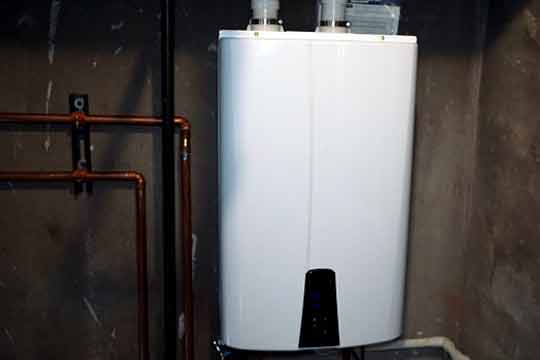
Each type comes with its own price range, installation requirements, and energy efficiency ratings.
Cost Breakdown
Now that we have covered the factors influencing the cost, let’s take a closer look at the cost breakdown for installing or replacing a water heater.
Cost Range of Different Water Heater Types
The cost of installing or replacing a water heater can vary depending on the type you choose. Here’s a breakdown of the average cost range for each type:
- Conventional Storage Tank Water Heater: $500 to $1,500
- Tankless Water Heater: $2,000 to $4,500
- Heat Pump Water Heater: $1,500 to $3,000
- Solar Water Heater: $3,000 to $5,000
It’s important to note that these price ranges are estimates and can vary depending on factors such as brand, capacity, and additional installation requirements.
Installation Costs
The installation costs for a water heater can range from $600 to $2,000, depending on the complexity of the project and any additional plumbing or electrical work required. This cost typically includes labor, materials, and disposal of the old water heater.
Additional Costs
There may be additional costs involved in the water heater installation or replacement process. These costs can include:
- Permits: $50 to $300, depending on your location
- Upgrading Plumbing or Electrical Connections: $500 to $1,000
- Water Heater Accessories (such as expansion tanks or water alarms): $50 to $200
Maintenance and Operating Costs
In addition to the initial installation cost, it’s essential to consider the long-term maintenance and operating costs of your water heater. Regular maintenance, such as flushing the tank or descaling, can help prolong the lifespan of your unit and ensure optimal performance. Similarly, different types of water heaters have varying energy efficiency ratings, which can affect your monthly utility bills.
Conclusion
Installing or replacing a water heater is a significant investment for any homeowner. By understanding the factors that influence the cost and having a breakdown of the expenses involved, you can better prepare for this project. Remember to consult with a professional plumber, consider the type and size of water heater that suits your needs, and account for any additional plumbing or electrical work required. With proper planning and installation, you can enjoy a reliable supply of hot water for years to come.
